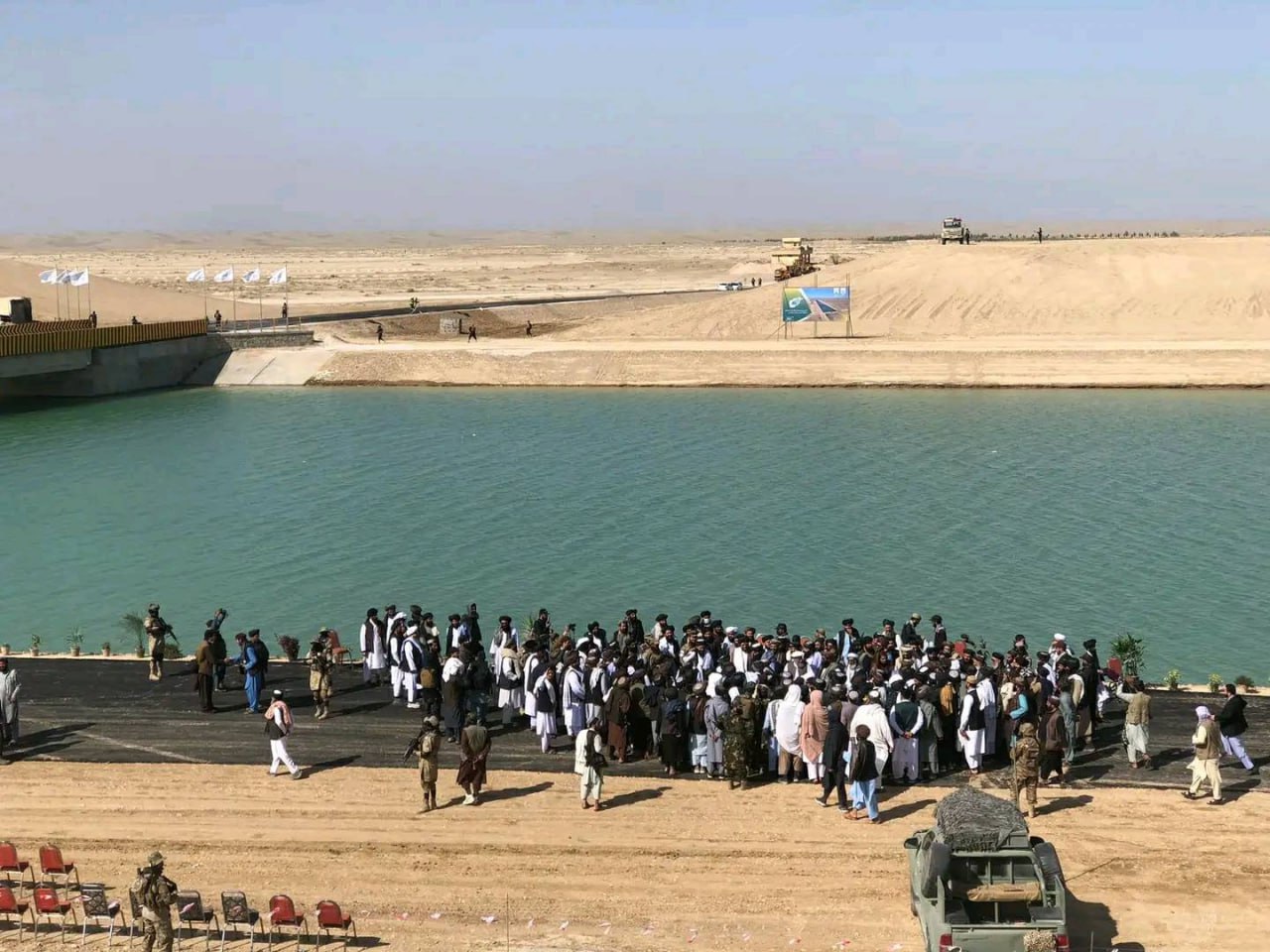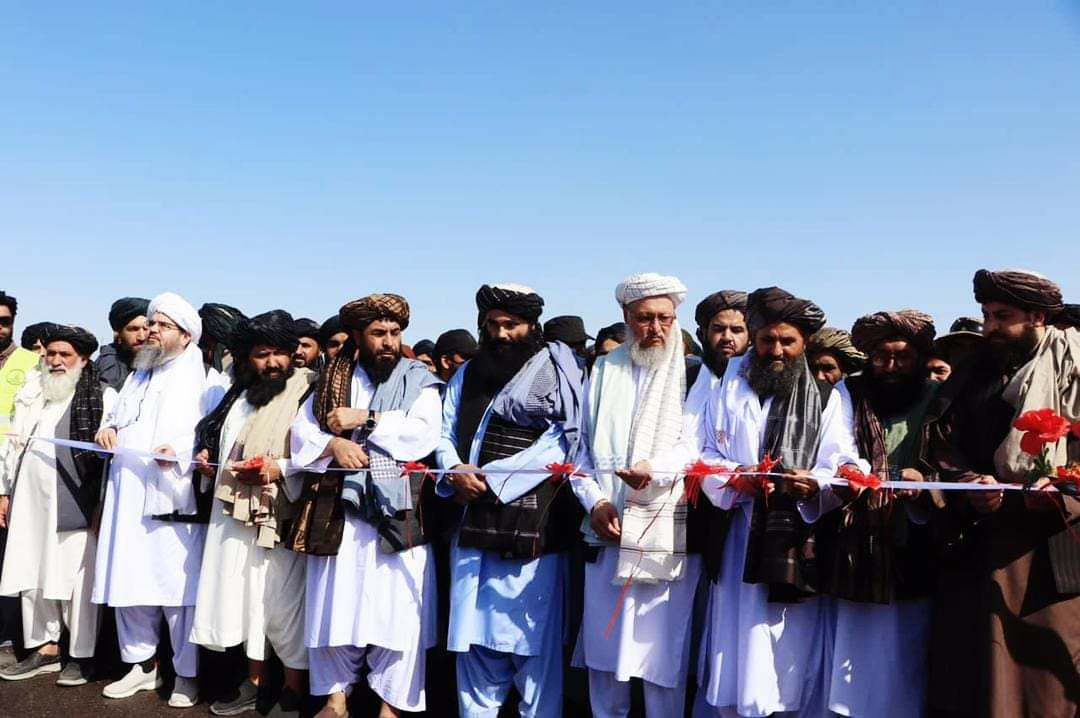The first part of the Koshtepa canal, which borders Uzbekistan, was inaugurated in the Balkh region of northern Afghanistan. Simultaneously, the construction of the second part of the canal has commenced. This development has drawn the attention of regional stakeholders and raised concerns about water resource management.

Key Inauguration Details
The inauguration ceremony of the Koshtepa canal witnessed the presence of prominent figures, including Deputy Prime Minister of the Taliban, Abdulghani Barodar. He emphasized the canal's importance for effectively managing water resources in Afghanistan. Notably, the defense minister of the Taliban issued a stern warning, threatening to take drastic measures against any interference with the canal's development.
Addressing these concerns, representatives of the Taliban sought to assure neighboring countries, particularly Uzbekistan and the broader Central Asian region, that the canal's construction should not be a cause for alarm.
Canal Specifications
The first section of the Koshtepa canal spans a length of 108 kilometers, and it was completed eight months ahead of the scheduled timeframe. The canal's overall length, designed to divert water from the Amudarya, extends to 285 kilometers.
Regional Tensions and Concerns
Bakhtiyor Ergashev, the director of the "Ma'no" research initiative center, expressed apprehensions that the Koshtepa canal's operation could lead to increased water shortages in Central Asian countries. Central Asian nations have traditionally shared water resources based on agreed quotas within the framework of the International Coordinating Water Commission. However, Afghanistan, being positioned at the head of the Amudarya river, has not been subject to such agreements. As a result, Afghanistan has the capacity to access water without restrictions imposed by neighboring countries.
Uzbekistan's Initiative
In September, President of Uzbekistan Shavkat Mirziyoyev raised concerns about water resource management at the summit of the International Fund to Save the Aral Sea. He suggested involving Afghanistan in regional dialogues to address water resource sharing.

Taliban's Response
In response to Uzbekistan's concerns, Abdulatif Mansour, the head of the Ministry of Water Management and Energy in the Taliban government, clarified that the Afghan government does not have any existing agreements regarding water intake from the Amudarya.
"Shavkat Mirziyoyev's concerns regarding the waters of the Amudarya and Koshtepa canals would be justified in case of violation of obligations under the agreement. But in this case we have not accepted any obligations. There is no agreement. That's why we do what we think is necessary,"
Mansour said. Therefore, Afghanistan asserts its autonomy in determining water usage without obligations under any agreement.
Follow Daryo's official Instagram and Twitter pages to keep current on world news.
Comments (0)